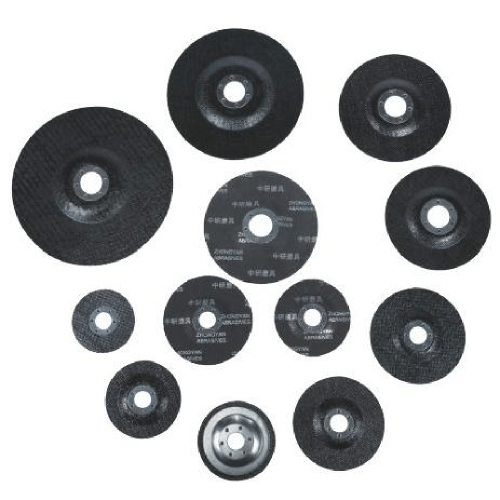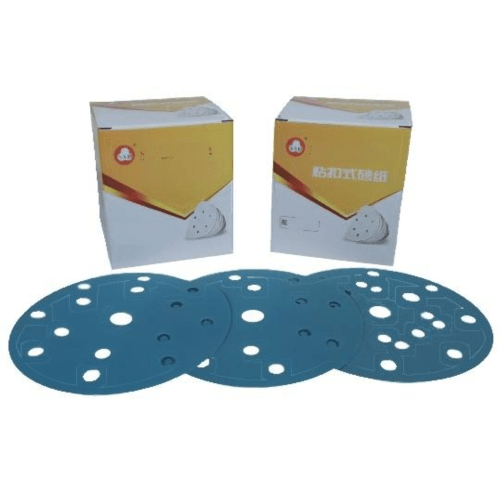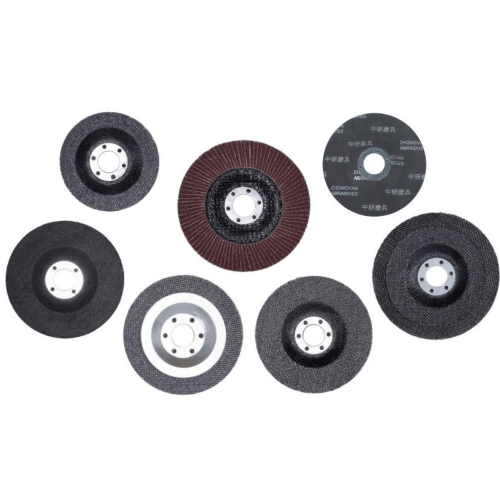polymer resin
Polymer resin represents a versatile class of materials that combines exceptional durability with advanced chemical properties. This sophisticated compound consists of long molecular chains formed through polymerization processes, resulting in materials that can be molded, cast, or extruded into various forms. The primary function of polymer resin lies in its ability to create strong, resilient bonds while maintaining flexibility under diverse conditions. In industrial applications, these resins serve as crucial components in manufacturing processes, offering excellent adhesion properties and resistance to environmental factors. The technological features of polymer resin include customizable mechanical properties, controlled curing times, and compatibility with various substrates. Modern polymer resins incorporate advanced features such as UV resistance, thermal stability, and chemical inertness, making them ideal for both indoor and outdoor applications. Industries ranging from construction to electronics rely on polymer resins for coating, binding, and protective applications. The material's versatility allows it to be formulated for specific requirements, whether it's creating high-strength composites or developing protective coatings. Additionally, recent developments in polymer science have led to more environmentally friendly formulations, addressing growing sustainability concerns while maintaining performance standards.


